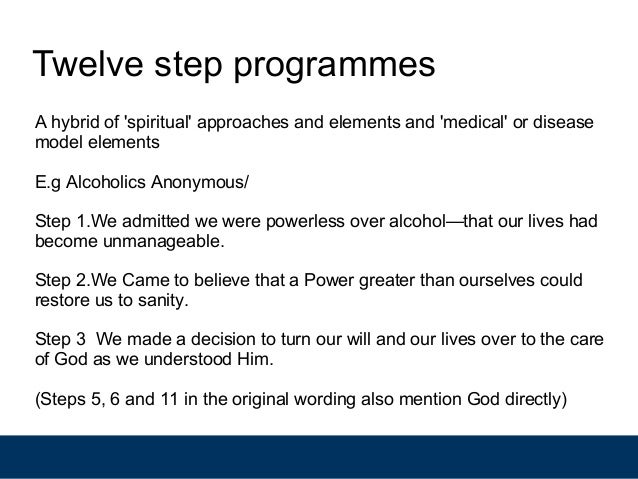Canadian Problem Gambling Index
A recent study from Singapore conducted on adults aged 55 years and above using the Canadian problem gambling index (CPGI) (Ferris and Wynne, 2001), reported a lifetime gambling participation rate of 56.2%. Among those who had lifetime gambling, 69.7% had gambled in the past 12 months and 2.2% met the criteria for problem gambling. Canadian Problem Gambling Index (CPGI) (January 22, 2013). ^ canadian problem gambling severity index Black, Donald; Shaw, Martha seneca casino henrietta ny (October 2008).We used a stepwise logistic regression to build a predictive model of problem gambling. Inconsistency between concept and measurement: The Canadian Problem Gambling Index (CPGI) Abstract HTML PDF: Elena Svetieva, Michael Walker No 17 (2006) Impacting attitudes towards gambling: A prison gambling awareness and prevention program: Abstract HTML. Problem Gambling Severity Index (PGSI) The PGSI, developed in Canada (Ferris & Wynne, 2001), is an abbreviated version of the original tool called the Canadian Problem Gambling Index. It contains nine items rather than the original 31.
Across two studies we assessed the clinical utility of the Canadian Problem Gambling Index (CPGI). In Study 1, the scored items on the CPGI significantly correlated with those of the South Oaks Gambling Screen (SOGS), yet their shared variance was low. Importantly, clinician evaluation of the client’s level of pathology was more strongly associated with that revealed by the CPGI than the.
- < Previous
- Next >
Canadian Problem Gambling Index Funds
Tests & Measurements
Searchable Title
Canadian Problem Gambling Index (CPGI) 2001
Searchable Authors
Reference Type
Web Page
Authors, Section
Wynne, Harold J.
Title, Section
Canadian Problem Gambling Index (CPGI) 2001
Publication Year

2001
Publisher
Alcohol and Drug Abuse Institute, University of Washington
Place of Publication
Seattle, WA
Availability
online
Links
http://www.ccsa.ca/2003%20and%20earlier%20CCSA%20Documents/ccsa-008805-2001.pdf
Copyright
Tests/measures are copyright protected and are not to be used or adapted without permission. Internet items are copyright protected. Investigate whether your intended use of an item requires permission from the copyright holder. You do not need permission to use measures that were published before 1924. You do not need permission to use U.S. federal government created measures.